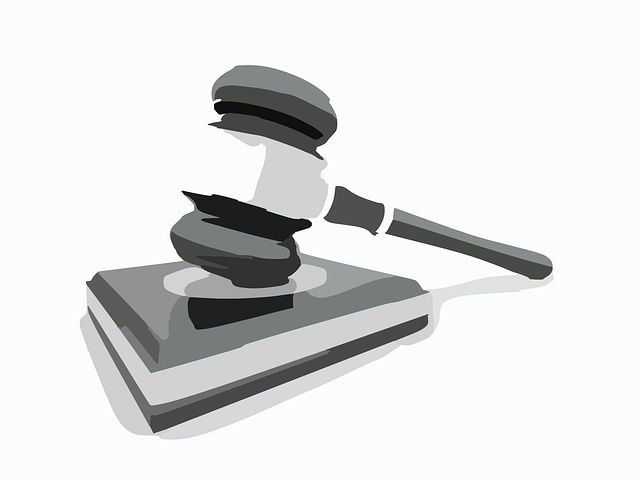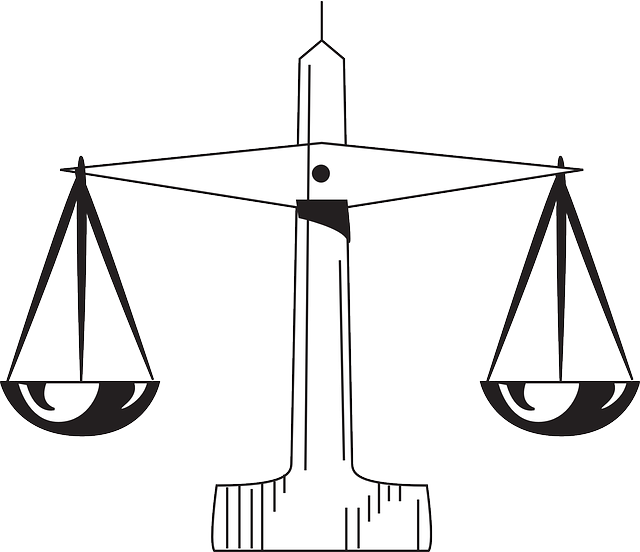In Oregon, contempt of court is a serious issue with significant consequences. The state has a structured approach to addressing it, ranging from direct challenges to indirect obstructions during judicial proceedings. Legal experts emphasize the role of attorneys in navigating this framework, ensuring fairness, and upholding justice. Contempt proceedings require stringent evidence, with the burden on the party alleging contempt. Oregon attorneys provide insights on defending against these charges, focusing on proving lack of willfulness, ignorance, or good faith efforts. Balancing rule of law and fairness involves understanding ethical dilemmas and best practices for robust representation while mitigating accusations. Professional insights offer valuable guidance in this complex area.
In Oregon, the concept of contempt of court is a critical aspect of maintaining judicial integrity. This article offers valuable insights from Oregon attorneys into the intricate legal framework surrounding contempt. We explore key considerations, evidence requirements, and potential defenses in such cases. Oregon lawyers share their expertise on ethical dilemmas and best practices, providing a comprehensive analysis for legal professionals navigating this complex area. Discover Oregon attorney opinions on contempt, leveraging the state’s unique legal perspectives to enhance understanding of these matters.
- Understanding Contempt of Court: A Legal Framework in Oregon
- The Role of Oregon Attorneys in Contempt Cases
- Key Considerations for Lawyers When Handling Contempt Matters
- Evidence and Proof Requirements in Contempt Proceedings
- Potential Defenses against Contempt Charges: Oregon Perspective
- Ethical Dilemmas and Best Practices for Oregon Legal Professionals
Understanding Contempt of Court: A Legal Framework in Oregon

Contempt of court is a serious matter that holds significant weight in the legal system of Oregon. It refers to the deliberate act of disrupting or showing disregard for a court’s authority and proceedings, which can lead to severe consequences. The concept is deeply rooted in maintaining judicial integrity and ensuring the fair administration of justice. Oregon attorneys play a crucial role in navigating this legal framework, offering valuable insights into how contempt is perceived and enforced within the state.
Legal experts in Oregon emphasize that contempt can manifest in various forms, from direct challenges to a judge’s authority to indirect obstructions during trials or hearings. The state’s laws provide a structured approach to addressing contempt, allowing judges to impose sanctions such as fines, imprisonment, or both, to punish and deter further disobedience. Understanding these legal perspectives is essential for Oregon lawyers when representing clients, ensuring they can offer strategic advice and protect their client’s rights while upholding the integrity of the court system.
The Role of Oregon Attorneys in Contempt Cases

Key Considerations for Lawyers When Handling Contempt Matters

When handling contempt matters, Oregon attorneys must consider several key factors to ensure a just and fair outcome. First, understanding the specific legal definitions and elements of contempt is paramount. Contempt can encompass a wide range of behaviors, from willful failure to comply with court orders to direct challenges to judicial authority. Oregon lawyers need to be intimately familiar with the types of conduct that constitute contempt under state law and case precedents.
Additionally, attorneys should carefully analyze the context in which the alleged contempt occurred. This includes evaluating the intent behind the actions, the specific circumstances leading up to the incident, and any extenuating factors that might influence the court’s decision. Professional insights from experienced Oregon lawyers can help navigate these complexities. By considering both the legal definitions and contextual nuances, attorneys can provide robust representations in contempt matters, ensuring their clients’ rights are protected while upholding the integrity of the judicial system.
Evidence and Proof Requirements in Contempt Proceedings

In contempt proceedings in Oregon, evidence and proof requirements are stringent to ensure fairness and due process. An Oregon attorney specializing in family law or civil litigation will tell you that the burden of proof lies with the party alleging contempt. This means they must present clear and convincing evidence that the alleged contemnor willfully violated a court order. Direct evidence, such as testimony from witnesses who observed the violation, is strong, but circumstantial evidence can also be compelling if it logically supports the allegation.
Professional insights from Oregon lawyers on contempt highlight the importance of meticulous record-keeping and documentation during the original proceedings that led to the court order. This includes any communication or attempts to enforce compliance with the order. Such evidence not only strengthens a contempt case but also provides context, helping the court understand the intentions behind actions that might otherwise appear contumacious.
Potential Defenses against Contempt Charges: Oregon Perspective

In Oregon, as in many jurisdictions, contempt charges carry significant weight and can have severe consequences for individuals and businesses alike. However, there are several potential defenses that an Oregon attorney insights into contempt can help navigate. These include challenges to the alleged contumacious conduct, such as proving that the actions or inactions were not willful or intentional, demonstrating a lack of knowledge or understanding of court orders, and showing good faith efforts to comply or seek clarification from the court.
Professional insights from Oregon lawyers on contempt often emphasize the importance of clear communication and proactive compliance. An Oregon legal expert in contempt may advise clients to maintain detailed records of actions taken, especially when dealing with complex legal matters. This documentation can serve as a powerful defense by showcasing due diligence and a genuine attempt to adhere to court mandates. Such strategic approaches are crucial in navigating the legal perspectives on contempt from an Oregon attorney’s perspective, aiming to protect rights and mitigate potential penalties.
Ethical Dilemmas and Best Practices for Oregon Legal Professionals

Oregon legal professionals face unique challenges when dealing with contempt charges, requiring a nuanced understanding of ethical dilemmas and best practices. As Oregon attorneys delve into this complex area, they must navigate a delicate balance between upholding the rule of law and ensuring fairness in every case. One critical aspect is recognizing the difference between willful disobedience and legitimate advocacy, especially in cases where clients assert their constitutional rights or challenge unjust laws.
To avoid ethical pitfalls, Oregon lawyers should prioritize open communication with clients, carefully reviewing potential risks and consequences. Additionally, staying informed about relevant case law and legislative updates is essential. By integrating these practices, legal professionals can provide robust representation while mitigating the risk of contempt accusations. This approach aligns with the state’s commitment to both access to justice and maintaining the integrity of its legal system.






